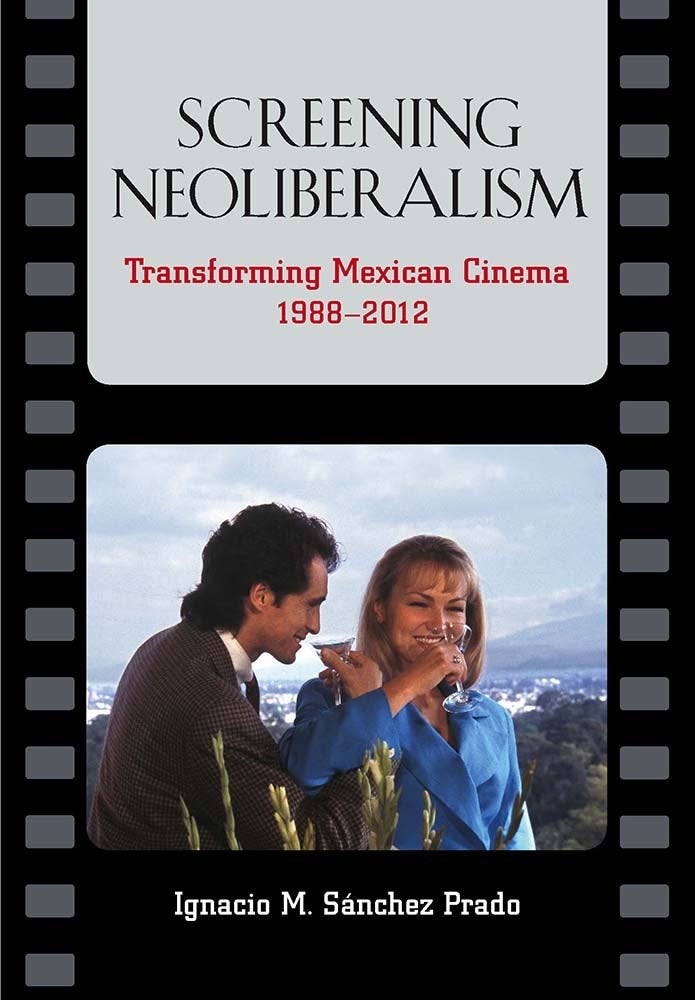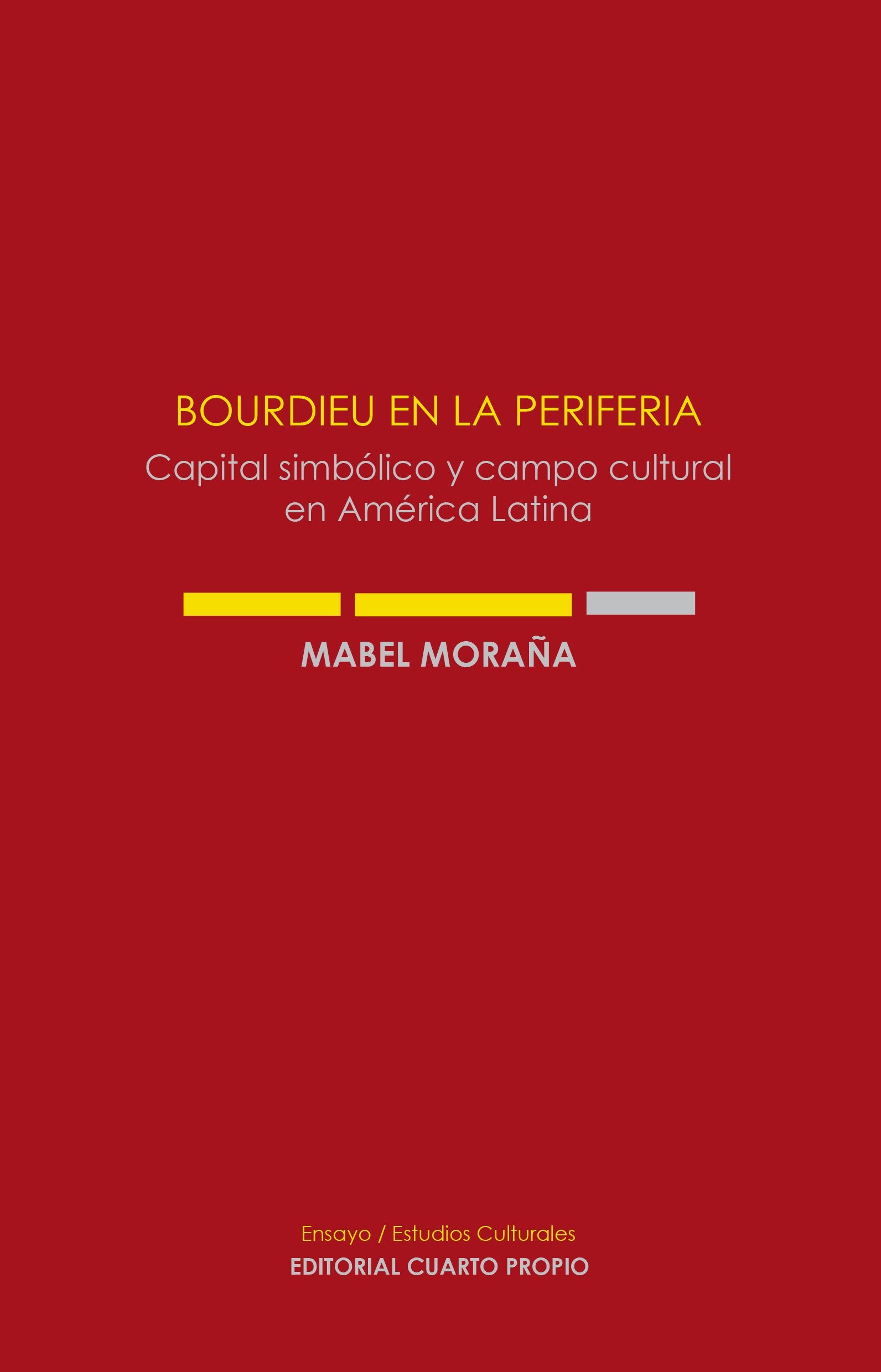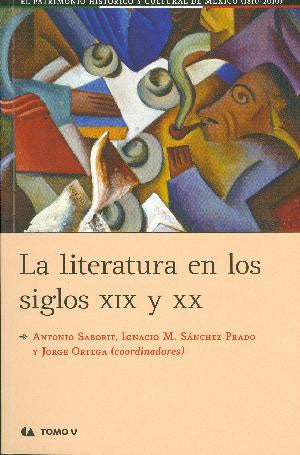Revista de Estudios Hispánicos
Winter | Spring | Fall
Tomo 59 Número 2 (to be released soon!)
Revista de Estudios Hispánicos is an internationally recognized, peer-reviewed journal, publishes original manuscripts in all areas of Hispanic literatures, cultures, and film. We welcome submissions that demonstrate cutting-edge scholarship and that possess knowledge of contemporary debates along with theoretical sophistication. The Revista de Estudios Hispánicos has received a grade of A+ from the Australian Research Council ranking of research journals.
Subscriptions:
Issues of the journal from 2012 to the present are available on Project Muse. Managed by the Johns Hopkins University Press, Project Muse’s online database provides full-text access to heavily indexed and peer-reviewed journals in the fields of social sciences and the humanities. For digital subscription information through Project Muse, please click here. The REH will also continue to be available for print subscriptions through Washington University. For all pricing and subscription information, please visit our website.
Manuscript Submissions:
All manuscripts should be electronically submitted to the Revista de Estudios Hispánicos website at rehjournal.org.
Our Team:
Revista de Estudios Hispánicos is edited by Javier García Liendo, as well as our incredible editorial team and board at WashU. Get to know the entire editorial team at REH. Have questions about subscriptions or submissions? Email us at reh@wustl.edu.







































